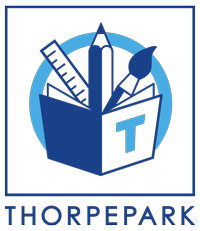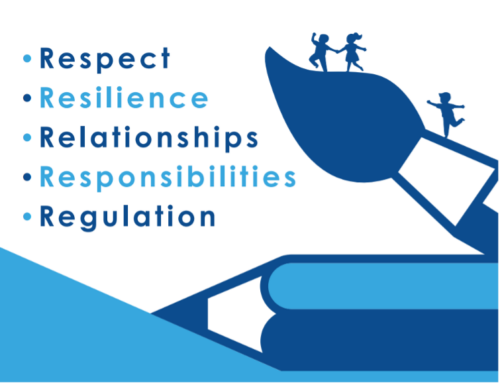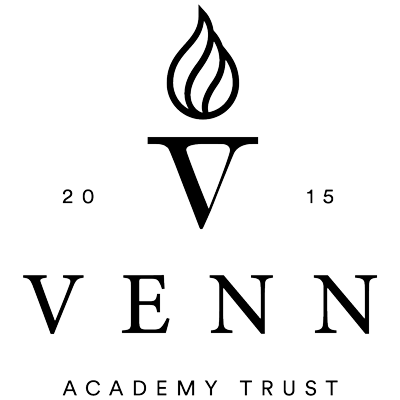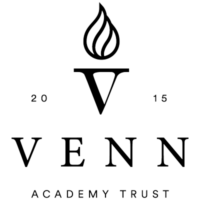Science subject information
At Thorpepark we aim to offer all children an engaging and practical science curriculum which meets the needs of every child. We want to give the children every opportunity to learn and encourage them to want to find out more and question why. Opportunities are to be presented for the children to explore aspects of science which promote the enjoyment of the subject and allow the children to reach their full potential. Our aim is to promote a positive attitude towards Science and the willingness of the children to want to learn more.
We recently achieved the PSQM (Primary Science Quality Mark), which awards the dedication and motivation of our teaching staff towards a progressive, interactive and pupil-centered science curriculum.
Intent
To provide our children with a sense of enjoyment towards science and scientific enquiry, we teach them to question why and how. Our intent is to enable our children to develop their own thinking and confidence in their own beliefs. At Thorpepark, our children learn about different aspects of science and how to investigate to prove theories. The requirements of the National Curriculum are covered during the academic year, with opportunities to learn about aspects of biology, chemistry and physics outlined in the LTP. We also aim to promote science through our key vision and principles, which states:
“At Thorpepark we believe that Science should enable children to develop their interests and curiosity in the world in which we live.”
They are able to do this by developing their interest in the wider world, and asking questions to extend their knowledge; finding out about inspirational and pioneering scientists throughout history; feeding their enquiring minds by taking a practical approach to investigation and using scientific vocabulary.
Implementation
To provide our children with an enriching and engaging curriculum we teach science by following the National curriculum which then builds on and adds to the children’s understanding through each key stage.
EYFS – The natural world, seasonal changes, states of matter, animals and habitats
Year 1 – animals including humans, plants, seasonal change and materials
Year 2 – animals including humans, living things in their habitats, materials and plants.
Year 3 – animals including humans, living things in their habitats, rocks and soils, magnets and forces
Year 4 – animals including humans, living things, electricity, states of matter and sound
Year 5 – animals including humans, living things and their habitats, forces, materials and earth and space
Year 6 – animals including humans, living things and their habitats, electricity, light and evolution and inheritance
Progression can be seen through the year groups when topics have been revisited.
Sticky knowledge accompanies each topic which allows prior learning and knowledge to be built upon.
Scientific vocabulary for each unit is included for each unit to embed the teaching.
Inquiry based activities and investigations from EYFS to KS2.
Curriculum documents :
Year 1
Year 2
Year 3
Year 4
Year 5
Year 6
“Pupils thrive at Thorpepark Academy.”
“Parents work in partnership with leaders and staff.”
“Pupils understand how to keep their minds and bodies healthy.”
“Pupil mentors support younger pupils and those new to the school.”
“Pupils are empathetic and show understanding of other pupils’ needs.”
“Pupils often benefit from bespoke plans which are matched to their needs.”
“Pupils know ways to raise their own self-esteem and that of others.”
“Pupils learn about people and places from their local area in all subjects.”
“Leaders know the pupils, their families and the community very well.”
“Pupils are exposed to a wide range of high-quality books.”
“Pupils are motivated to learn. They enjoy lessons and they achieve well.”
“Pupils are motivated to learn.”
“Leaders are committed to and highly skilled in supporting pupils who struggle to manage their own behaviour.”
“By the end of key stage 2 pupils have secure knowledge in English and mathematics.”
“Leaders have ensured that the teaching of reading is strong.”
“Pupil ambassadors check on other pupils’ well-being.”
“Pupils love the ‘Thorpepark 50’.”
“Pupils enjoy being active citizens and getting paid in credits they can spend in the school shop.”
“There is a truly inclusive ethos.”
“Extra-curricular clubs are carefully chosen to stretch individual pupils’ talents in music, sport and other areas, including sewing.”
“Leaders, including the trust, ensure that pupil, parent and staff well-being is a top priority.”
“Pupils are well prepared for secondary education.”
“Leaders prioritise pupils’ well-being.”
“Leaders have designed the curriculum to develop pupils’ sense of belonging, identity and pride in being from Hull.”
“Pupils learn the importance of contributing to their community.”
“Children in the early years get off to a good start.”
“Lots of initiatives are in place to encourage pupils’ love of reading.”
“Many parents appreciate the adult learning and volunteering opportunities available to them.”
“The school’s offer for pupils’ personal development is exceptional.”
“The curriculum for pupils with special educational needs and/or disabilities (SEND) is well designed.”







